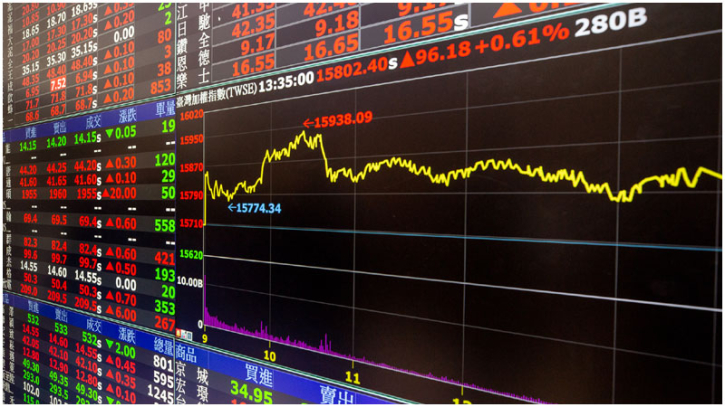Taiwan stock drops 9.8% at open

Taiwan's stocks dived 9.8% on Monday, as traders reacted to US President Donald Trump's sweeping tariffs that triggered a massive selloff on world markets last week.
The Taiex, the weighted index on the Taiwan Stock Exchange, plunged 9.8% at the open, as trading resumed following a long weekend.
Taiwanese markets were closed Thursday and Friday for a holiday, as trillions of dollars were wiped off the value of global stocks and countries scrambled to limit the impact of Trump's levies.
China's announcement after Asian markets closed on Friday that it would hit the United States with retaliatory tariffs of 34% further fuelled fears of the impact of the escalating trade war.
Taiwan's financial regulator announced Sunday temporary limits on short selling -- a bet that shares will fall -- in a bid to stabilise the market when trading resumed on Monday.
The measures will be in place until Friday, the Financial Supervisory Commission said in a statement.
Taipei had sought to avoid Trump's threatened tariffs by pledging increased investment in the United States and more purchases of US energy, but it was still hit by a 32% tax on its imports, excluding semiconductor chips.
Taiwanese President Lai Ching-te said Sunday the government did not plan to impose "retaliatory tariffs" on products from the United States, the island's most important security backer.
Instead, the government is seeking to strike a deal with Washington for zero tariffs, and has earmarked $2.7 billion to help domestic industries affected by the new tax.
Taiwan's trade surplus with the United States is the seventh highest of any country, reaching $73.9 billion in 2024.
Around 60 percent of Taiwan's exports to the United States are ICT, which includes chips.
In his remarks on Sunday, Lai said the US levy would have a "significant impact" on export-driven Taiwan, but he urged Taiwanese people "not to panic".
"As long as the response strategy is appropriate and there is public-private cooperation, the impact can be reduced," Lai said.
.png)




